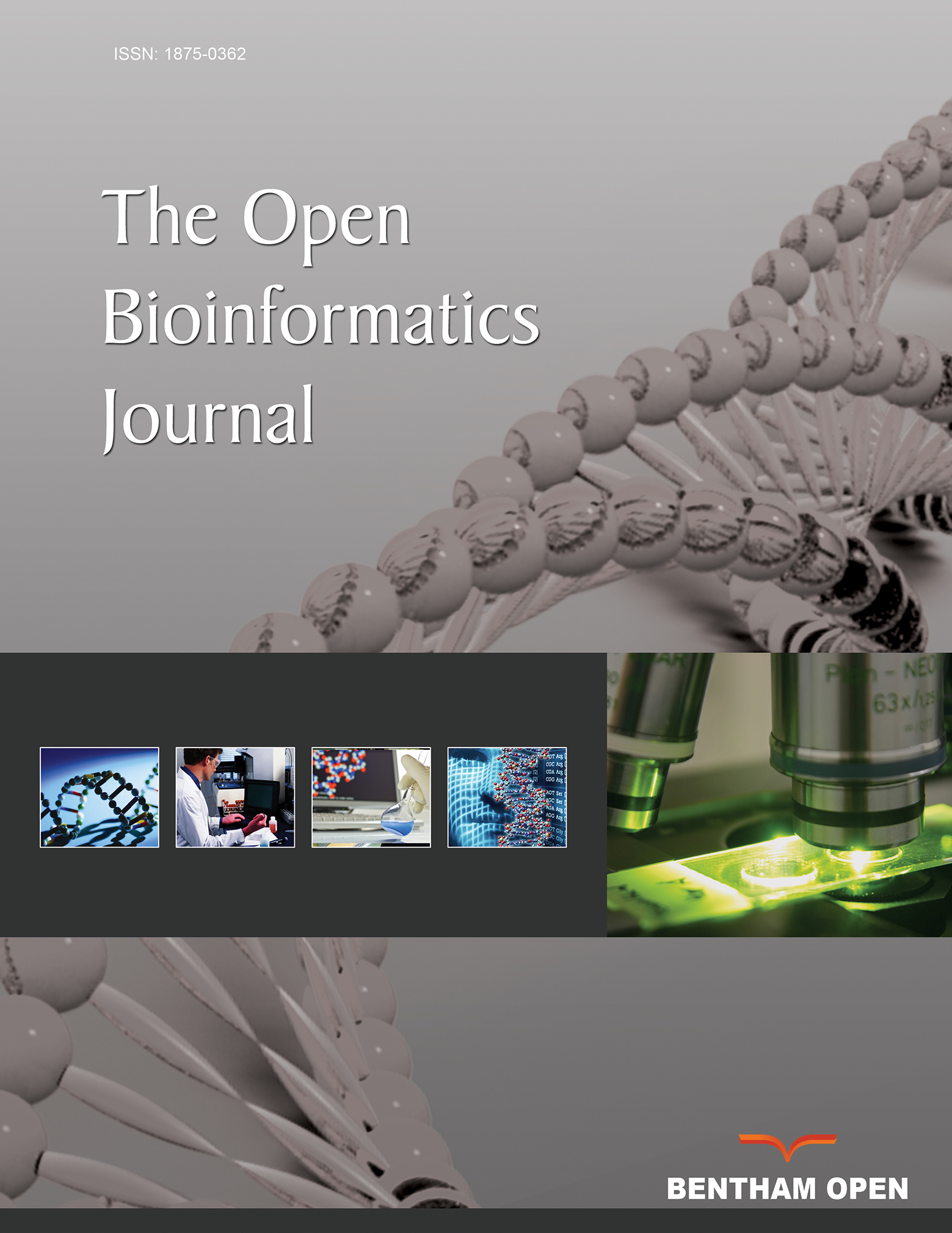All published articles of this journal are available on ScienceDirect.
Genetic Studies: The Linear Mixed Models in Genome-wide Association Studies
Abstract
With the availability of high-density genomic data containing millions of single nucleotide polymorphisms and tens or hundreds of thousands of individuals, genetic association study is likely to identify the variants contributing to complex traits in a genome-wide scale. However, genome-wide association studies are confounded by some spurious associations due to not properly interpreting sample structure (containing population structure, family structure and cryptic relatedness). The absence of complete genealogy of population in the genome-wide association studies model greatly motivates the development of new methods to correct the inflation of false positive. In this process, linear mixed model based approaches with the advantage of capturing multilevel relatedness have gained large ground. We summarize current literatures dealing with sample structure, and our review focuses on the following four areas: (i) The approaches handling population structure in genome-wide association studies; (ii) The linear mixed model based approaches in genome-wide association studies; (iii) The performance of linear mixed model based approaches in genome-wide association studies and (iv) The unsolved issues and future work of linear mixed model based approaches.


